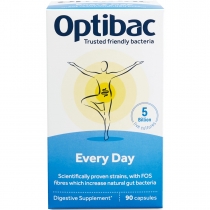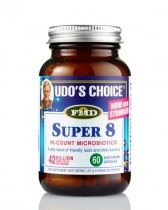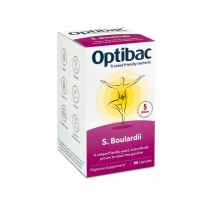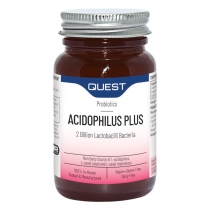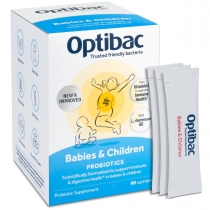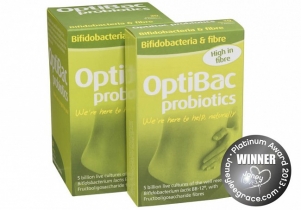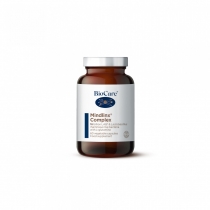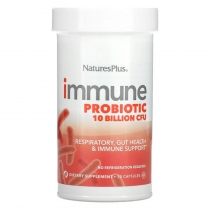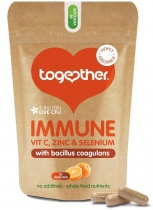A probiotic is a microorganism, usually bacteria or yeasts that works with our bodies to provide us with health benefits.
Our guts / intestines are estimated to be home to over 100 trillion microorganisms comprised of over 500 different species. That’s more microbes than human cells in the body.
Theses microorganisms have adapted over thousands of years to both work with and against our body for survival. They can have a huge impact on our daily health and wellness, by affecting our immunity, digestive system, mental health /mood and skin to name a few. Microorganisms are found all over our body from head to toe inside and out but the majority of microorganisms (99%) live in our digestive system.
Benefits of probiotics
Probiotics help balance the gut flora by suppling friendly bacteria, which compete with pathogenic microorganisms and produce chemicals that inactivate or kill disease causing pathogens. A steady supply of good probiotics helps to balance the gut flora and reduce the prevalence of bad microorganisms in the gut.
About 80% of your immune cells are located in the gut thus suppling our bodies with a healthy gut flora will have a positive effect on improving our overall immune system.
Other benefits include:
Improving digestive health, by reducing inflammation caused by pathogenic microorganisms and food intolerances.
Skin health, by preventing the release of pathogenic toxins that lead to systematic inflammation causing flare ups.
Increase food nutrient digestion.
Possibly having an impact on mood. Recently the gut has been described as the second brain trough the discovery of the important role microbes have in the gut-brain connection.
How to get Probiotics
Probiotics are available in a wide range of different forms; capsules, powders, liquids or grown in fermented food. There are a number of fermented milk drinks and some yoghurts in which probiotics naturally occur or have been added.
These include:
Kombucha: A slightly sweet and tart tasting fermented tea, which is created by using a symbiotic colony of bacteria and yeast otherwise known as a SCOBY.
Kefir: Which is a fermented milk or water drink,it has a slightly acidic and tart flavour also fermented using bacteria and yeast.
Sauerkraut: A traditionally fermented cabbage which is high in organic acids, giving it a sour punchy taste.
Kimchi: A spicy crunchy pungent fermented Koreancabbage packed full with probiotics.
While foods are a good way to consume probiotics the most effective method to ingest them is by using a probiotic supplement which will provide specific types of probiotics in much higher doses. The strength of a probiotic supplement is measured by its colony forming units (CFUs) which tells you the bacterial count found in each capsule. In order to be called a probiotic supplement there must be over 1 billion CFUs per dosage. Supplements can range from 1 to 104 billion CFUs per capsule.
Types of probiotics
There are many types of probiotic bacteria; the most common are species of Lactobacillus and Bifidobacteria. There is also a probiotic species of yeast, Saccharomyces boulardii.
Here are the most common strains of probiotics to look out for:
Lactobacillus acidophilus
Lactobacillus bulgaricus
Lactobacillus casei
Lactobacillus gasseri
Lactobacillus plantarum
Bifidobacterium bifidum
Bifidobacterium lactis
Bifidobacterium longum
Enterococcus faecium
Saccharomyces boulardii.
Prebiotics and how to get the most out of your probiotics
Prebiotics are classed as the non-digestible food that probiotics love to feed on. They are just as necessary to good digestive health as probiotics. Look for a probiotic with added prebiotics for optimal results. Examples of prebiotics = dietary fibre, inulin, Fructo-oligosaccharides (FOS) and Galacto-oligosaccharides (GOS).
The best time to take probiotics really depends on when you eat. Taking probiotics on an empty stomach exposes those good guys to undiluted stomach acid that’s designed to kill microorganisms.Probiotics are living microorganisms they like ourselves need food (pre-biotics) to survive and thrive. Studies have shown that taking probiotics with or 30 mins before a meal increased the survival transition to the intestine.

